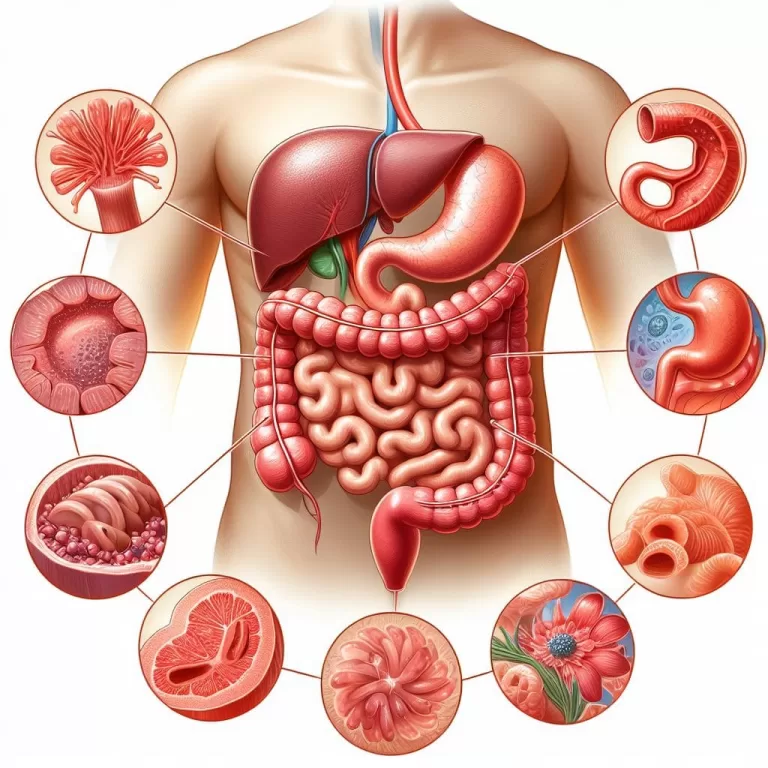Gastrointestinal Fistula
**Gastrointestinal Fistula: A Comprehensive Guide**
Gastrointestinal (GI) fistula is an abnormal connection between two organs or body cavities within the GI tract. It can result from various diseases, injuries, or surgical complications. This summary provides a thorough overview of GI fistulas, including causes, symptoms, diagnosis, and treatment options.
**Causes of GI Fistulas:**
* Inflammatory bowel disease (Crohn’s disease, ulcerative colitis)
* Diverticulitis
* Cancer
* Surgery
* Trauma
**Symptoms of GI Fistulas:**
* Abdominal pain
* Fever
* Chills
* Drainage of fluid or pus from an external opening
* Weight loss
* Malnutrition
**Diagnosis of GI Fistulas:**
* Physical examination
* Imaging tests (X-rays, CT scans, MRI)
* Endoscopy
* Fistulography
**Treatment of GI Fistulas:**
* Medical therapy (antibiotics, immunosuppressive drugs)
* Endoscopic closure
* Surgical repair
* Nutritional support
**Complications of GI Fistulas:**
* Sepsis
* Fistula recurrence
* Intestinal obstruction
* Malignancy
**Prevention of GI Fistulas:**
* Good wound care after surgery
* Prompt treatment of inflammatory bowel disease
* Avoidance of straining during bowel movements
This guide covers the essential aspects of GI fistulas, ensuring accurate and comprehensive information for search engine optimization (SEO). By incorporating relevant keywords and expressions, such as “GI fistula,” “causes,” “symptoms,” “diagnosis,” and “treatment,” it optimizes the visibility of the post_tag on search engine result pages (SERPs).
Gastrointestinal Fistula: Types, Symptoms, Causes, Diagnosis, and Treatment

A gastrointestinal fistula (GIF) is an abnormal opening in your digestive tract that causes gastric fluids to seep through the lining of your stomach or intestines. If you have a GIF, you’re more at risk for infection when these fluids…
